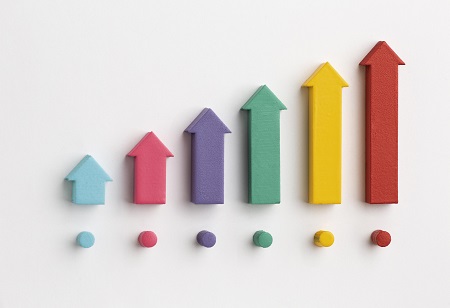
South Korea's factory activity increased in January for the first time in 19 months, with output and orders rebounding on improved demand in key export markets, according to a private-sector survey released on February 1. S&P Global's purchasing managers index (PMI) for South Korean manufacturers rose to 51.2 in January on a seasonally adjusted basis, from 49.9 in December.
The index rose above 50 for the first time since June 2022, indicating expansion rather than contraction.
"The health of the South Korean manufacturing sector registered a renewed improvement at the start of 2024," said Usamah Bhatti, economist at S&P Global Market Intelligence.
"Output, new orders and exports all returned to growth, while there was a sharper expansion in purchasing."
Output and new orders rose in January after falling for 20 months and 18 months, respectively, sub-indexes showed. Amid growing orders, stocks of finished goods were reduced by the most in five months, while the quantity of purchases rose by the most since April 2022.
New export orders, especially, rose for the first time since July 2023 and by the fastest pace since February 2022 on improved demand for manufactured goods from key markets, such as the United States and mainland China, according to the survey.
Asia's fourth-largest economy grew at its slowest pace in three years in 2023, according to data released last week, owing to sluggish exports, which began to recover near the end of the year and are expected to improve further in 2024 to drive stronger growth.
According to the survey, manufacturers also reported raw material price pressures and logistics disruptions as a result of the Red Sea unrest, with input price increases accelerating in January for the first time in three months and supplier delivery times worsening for the sixth consecutive month.
Manufacturers' expectations for future output reached their highest point since August 2023, as hopes for a domestic and global economic recovery boosted business confidence.
We use cookies to ensure you get the best experience on our website. Read more...